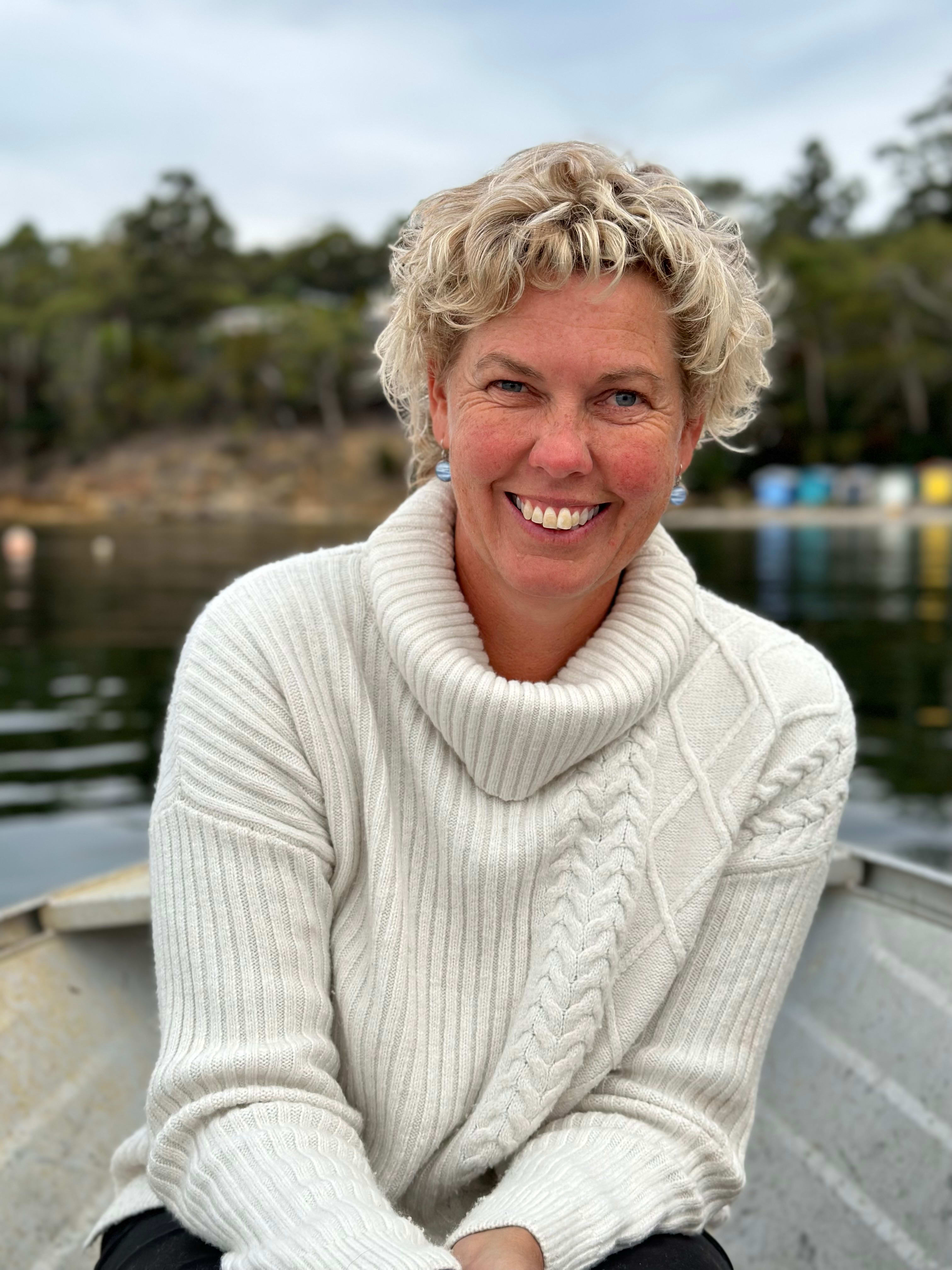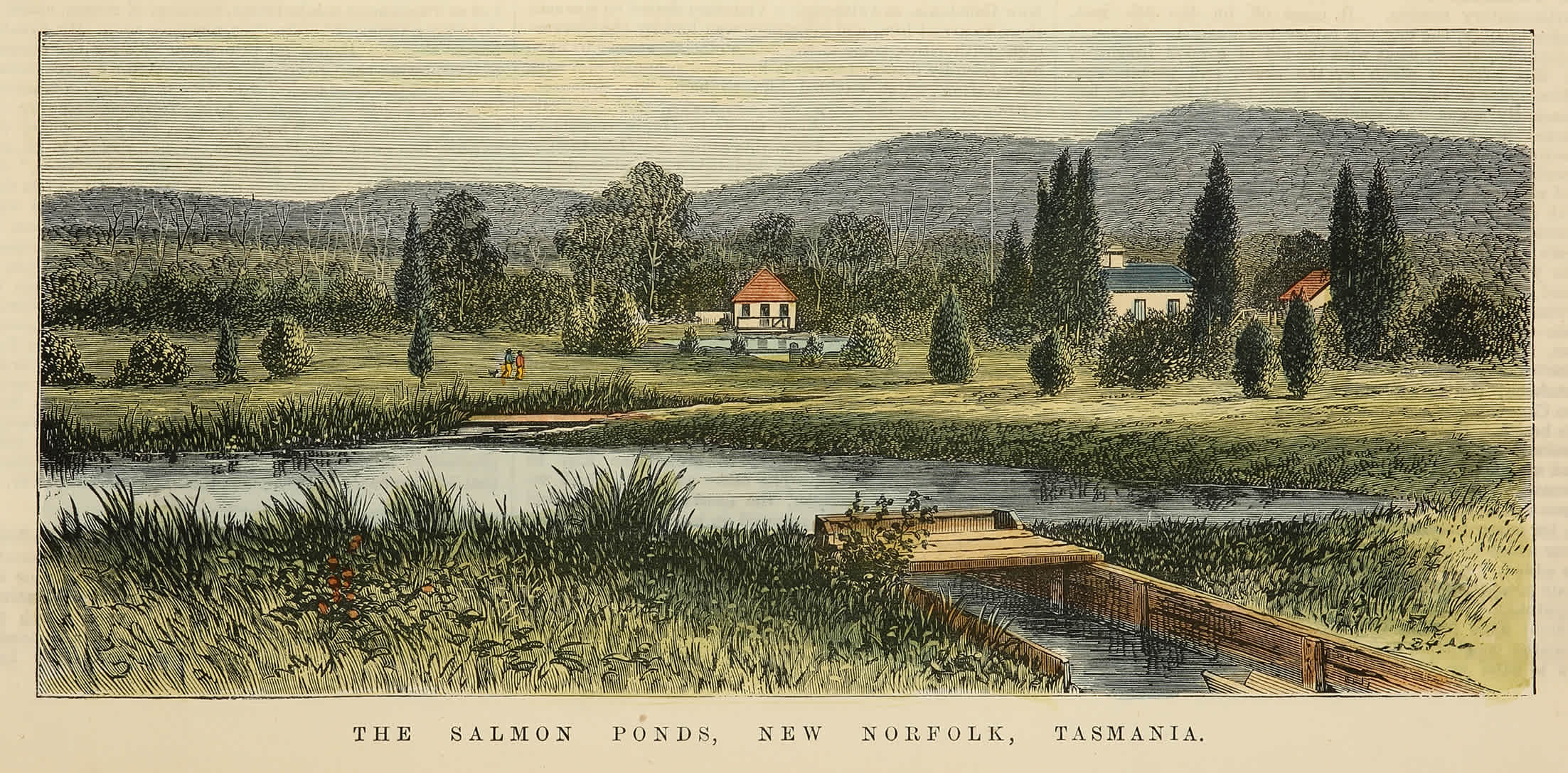Unpack, re-pack, unpack, re-pack. Let it become rhythm.
Each time smoother. Don’t forget the lesson of the surfboard. One distraction, one loose knot was all it took and it was gone, broken-nosed on the highway. It is important to be careful, to have everything aligned and secure.
Drive away again, someplace new.
The sweet cleft of a southern bay, ice green gums.
Silent beach carpark, creamy sky and squeaking sand.
Abandoned Doll Museum and Book Exchange.
Roadside pullover littered with wet wipes.
Forgotten General Store. Fading sign: Trend Drinks: Sparkling Country Flavour
Nondescript caravan park. Another, another.
Hot shower bought with the weight of gold coins.
Keep moving. Constant packing is nothing in comparison to stillness.
In the heat of the fringe country, the butter melts in Grandad’s old WAECO cooler. Its ineffectual fan whirs relentlessly through the night. The dual batteries barely cope. Various permutations make way for the newer, larger ENGEL. The WAECO is left behind, tucked under a bench in someone else’s shed because throwing it in a skip bin felt like betrayal.
Pull into a friend’s parents’ farm and a comfortable knowing. Sleep long in a dark room, in firmly tucked-in sheets and cry when clean washing appears in a neat pile on the bed.
Stop.
Naked in the white-gum gully, there is rest, silence in the smell of cow pats drying in the afternoon heat. There is the shock of green-black spring water washing over pale skin soaked in the sun. There are warm blackberries bursting in fingers unconcerned with the mess of their juice.
Unpack, Repack. White cockatoo alarm. Sheep passing in the dawn fog. Trees and lakes and mountain ranges winding past onwards, onwards until the road runs out.
Was it even a choice, coming here? Or was it, in fact, the wind who decided? Blew away from home, across the country, onto the ship over the Bass Strait and into the shock of the highlands. Into instant winter. Late mornings begging the sun to rise over the mountains, to warm the condensation-lined swag.
Here, there are places too wild, where the sea whips felled timber in its spume. Plains where the wind flattens the earth, forces trees to wilt, permits naught but tussock clumps to take root. Unknowable dolerite ranges faceted by savage weather. Places which promise no such thing as shelter, which say only to drive on.
Make space for a heavy-duty tarpaulin, a thick, fleece-lined jacket. Brake hard for the eagle wheeling over the windscreen. Curl up mountain trails and look out for distant meaning.
Pull slow into a sheltered camp, grey eyes in the rear vision mirror. Resist the close comfort of the cab: heated air, skin and diesel, resist the draw towards sleep.
Outside, face into the prevailing wind. Hover around the ute tray leaving a trail of boot prints in the mud. Unzip the awning, haul it to order, secure with pegs at forty-five degrees. Unfold the camp stretcher. Lay out the swag.
Heave out the solar panels though the sky is uniform grey. Note the three framed canvases taking up space beneath them, awaiting the dormant, spoiling oil paints in the back of the ute cab. Their intolerable mess. Dirt and insects drawn into the surface, tweezers failing to repair the image.
No reception. A relief, in part. At least it won’t be confirmed that there is no message.
Picture what it would be like, if she was here, too.
The glorious, confounding chaos of her.
She would be down in the rock pools, hours, finding quartz stones and cast-off insect cases.
She would be drinking tea with milk and sugar. Eating sourdough fried in butter, with salt, like on those languid days in bed.
She would be moving incrementally along the forest trails, fascinated.
She would be.
At dinner time, remove the kitchen items, Boil the tinned spaghetti hot enough to scald, to blister the red-orange sauce of childhood.
Sort the various bags. Clean underwear, clothes, towels, shoes, laundry, toiletries. Orange backpack for adventure items: wetsuit, goggles, water holder, diving knife, trail shoes. Zip seized with salt. With everything in its place, stretch the tarp over the tray for the night. Make for an easy escape.
Remove to the river to see if a platypus will emerge from the row of burrows on the opposite bank. Wait as the sky becomes opaque and a light fog falls to shroud the gullies. Wait as the ripples in the water turn blue then gold then black, the mountains monochrome, stars reveal. As the darkness becomes complete, relent.
In the thin lantern light, a darting movement. A tiny, sharp-faced spotted quoll with deep black eyes.
Be still.
Sleep hard up against the humble, manual solidity of the ute. Sleep long and late, breathing the warm air held beneath the soft folds of the swag canvas.
Rise to bathe naked in icy water, to feel the rushing kick of circulation, the urgency to towel dry and dress. Undies jeans shirt jumper socks boots beanie. The delicious purpose of each action.
Drive on.
In a soul-aching valley there are trees ancient enough to make the knees give way. The trees cradle baby ferns on their limbs. Further in, the face of a waterfall drapes over damp tunnels and the peak of the mountain appears in the weak mid-morning sun. When the sky is clear the waterfall rises once more, again, two, three tiers up the steep face of the mountain. Drips fall from the mosses and lichens to merge with new drops of rain and run from earth already soaked. Too much water to bear. In the pool beneath the rushing confluence of all the gathered drops the water thunders and makes patterns of sense and light as you lean your head back to meet it.
Strip down wet clothes and find sated leeches, ankles smeared with blood. Inspect all the other infected sores, welting, seeping, scabbing, staining purple, leg hair long around them.
Drive out of the winding roads away from the highlands who don’t want you, away from all the water making the air too dense to breathe. Drive down through the ranges to the salt. To a horizon reaching far enough to bend.
Sit in the sun when it breaks. Eyes closed, belly-up on a rock. Watch the water milk at day’s end. Count the colours painting the headlands. Walk far enough on the fine sand to play unobserved in clean shore breaks. Dive to the seafloor and look up at the light dancing in the water, feel the adrenaline kick from passing shadows of bull kelp. Shuck oysters with a flathead screwdriver and suck them down raw.
Remember.
You fried the sourdough in butter and ate it with her warm and salty in bed.
You took her to the rock pools to search for nothing at all.
You watch the moon as it forges its arch above the dark ocean.
You are a child of the water, buoyant, water shivering bare breasts.
You lose hours daubing each colour, each shadow and highlight, each rock and tree, the divots in the sand, the reefs and weed beds beneath the surface, the movement of the currents, the swell and recession. Let the oils blend and slip, let them build, take on fragments of the place: its granular composition. Let the insects dive into the white light and scoop them out gently so they can do it again.
You run down powdery dunes and swim bare-arsed in the sun and laugh if someone else comes.
You, the one with the dusty silver ute, with mud sprays over wheel arches and gear that will take you anywhere.
***
Nakita’s writing reflects her experience as a queer, Autistic woman living on Wardandi Boodjar in regional WA. This perspective brings landscapes into vivid detail, exploring the ways humans and places intersect, heal and hurt each other. Nakita's novel manuscript Along the Lightning Ridge was shortlisted for the 2023 UWA Dorothy Hewitt Award.
To follow more of Nakita Kitson's work, visit her website: www.nakitakitson.com instagram: https://www.instagram.com/nakitakitson/ or @nakitakitson







